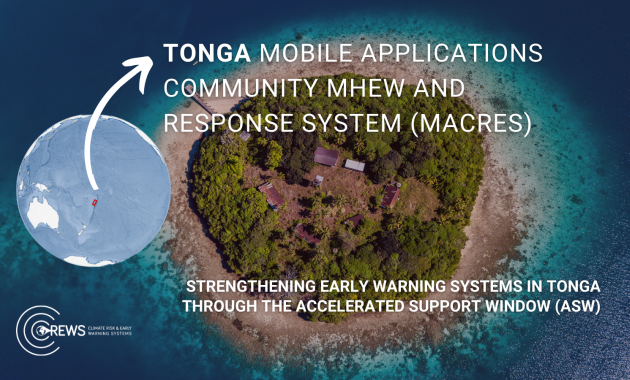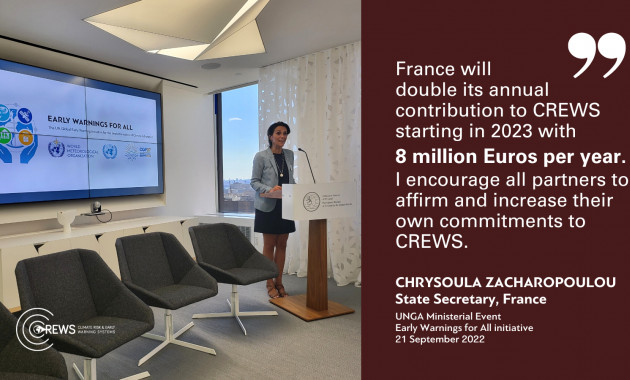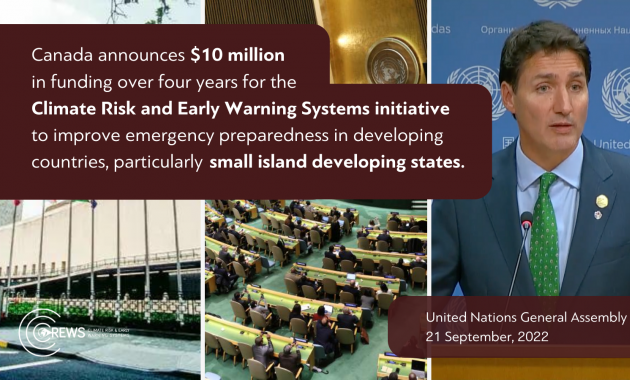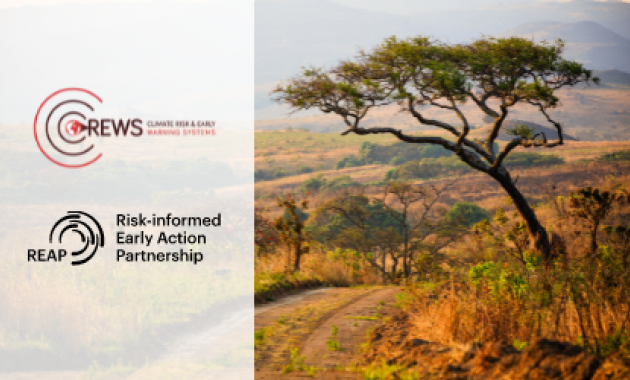SWFDP has improved the lead-time and reliability for alerts and warnings about high-impact events such as heavy precipitation, strong winds and high waves. It has strengthened engagement of NMHSs with users including media, disaster management and civil protection agencies and local communities for improved disaster risk reduction (DRR) and decision-making process by users. The project is benefiting various socio-economic sectors as well, including agriculture, fisheries, aviation, and marine transportation.
SWFDP receives support from global and regional centres and funding from WMO donors and partners. The Bay of Bengal project with nine participating South Asia countries – Bangladesh, Bhutan, India, Maldives, Myanmar, Nepal, Pakistan, Sri Lanka and Thailand – is funded through UN ESCAP and WMO-RIMES. The West Africa project was initiated in 2015 with seed funding from the Korean Meteorological Administration (KMA). Since 2018, its activities have mainly been funded by CREWS-West Africa, a regional component of CREWS investment in West Africa, and in collaboration with the Africa-SWIFT programme funded by the Global Challenges Research Fund (GCRF).









